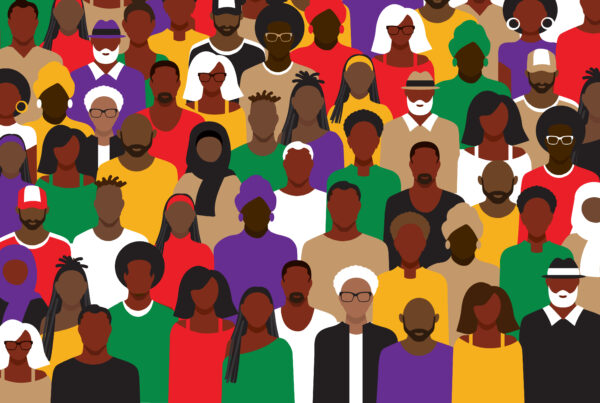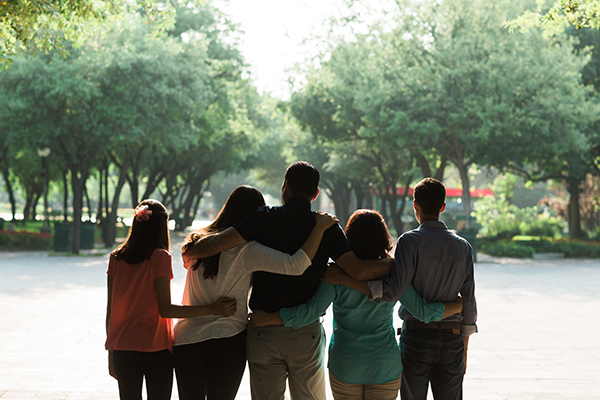We psychologists, and our cousins in related disciplines, are notorious for creating terms that we enjoy but that others struggle to comprehend. One such term is locus of control. It refers to a source of power or influence or, rather, where we perceive the power or influence to be. On a regular bicycle, for example, the locus of control is within the rider, who propels and steers wherever she would like to go. Add a second seat to make a tandem bike and it gets more complicated. The person in front is steering, but the person in back may be influencing power and speed, thereby shifting much of the locus of control.
If you have an internal locus of control, you typically view yourself as the agent of change. Things will get done, you think, because you will make it happen. If you are driving in congested traffic and have to stop suddenly to narrowly avoid a crash, you will credit your quick reflexes and sharp attention for the non-accident. We might call an internal locus of control an “Inny” for fun. But if you had an external locus of control (an“Outty?”—just go with me), you would give all the credit to good fortune, the skill of the other drivers, or the phase of the moon. Everything but you!
I have often found it interesting that even Innies become passive when it comes to health issues and act likeOutties. They tend to attribute good mental health to external factors beyond their own control. But a recent NPR piece describes changes that happen when people act more like Innies in their healthcare. According to the story, people who would have ordinarily received medications for their type II diabetes (and passively accepted them like a good Outty) were encouraged to take over their health and change their own lifestyle by starting to eat healthy, often organic, foods. The informal study found that by assuming responsibility for their health and actively making changes to their diet, like an Inny, the normally passive participants became healthier, including, for some, the loss of weight.
People suffering from social anxiety disorder and shyness are especially likely to passively function as Outties, assuming others get to decide everything in a social setting. I know—I have been there. But Cognitive Behavioral Therapy (CBT) changes that. In CBT, you become the Inny you never knew existed, trained to actively engage each situation using several thought and action tools you will have learned. It doesn’t mean that there are no external forces influencing any given situation, but it does mean that you can begin to feel the encouragement and hope that go with having options and with being able to take action in social situations.
And like good veggies, CBT is totally organic. What’s not to like?




